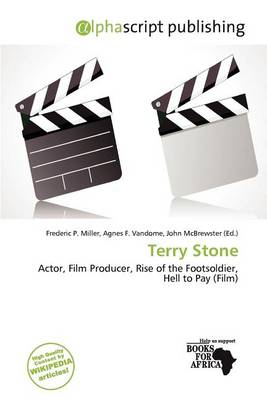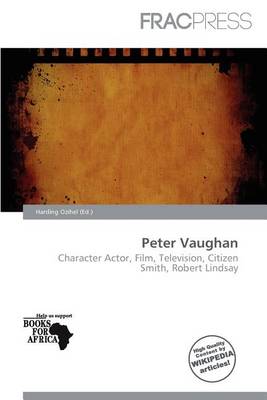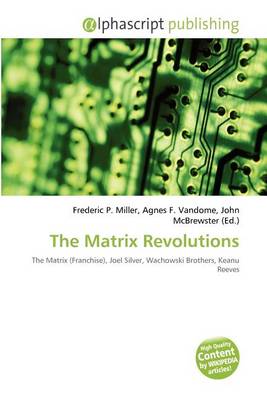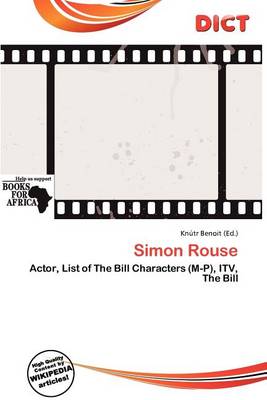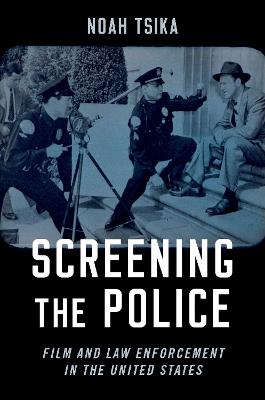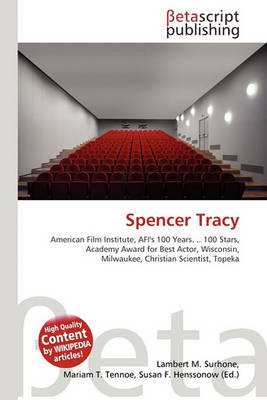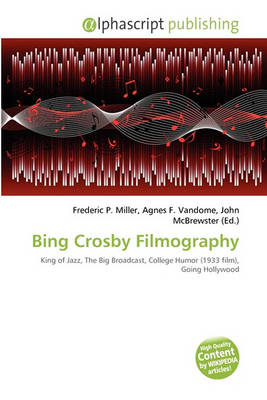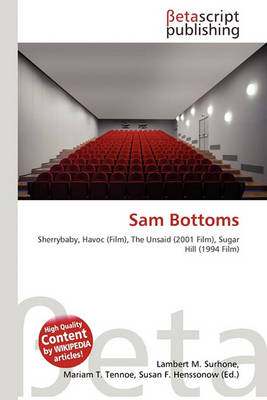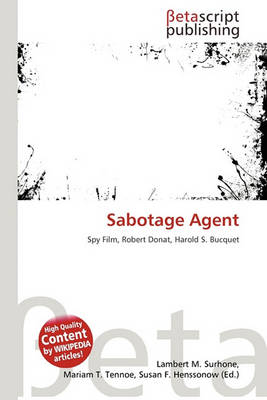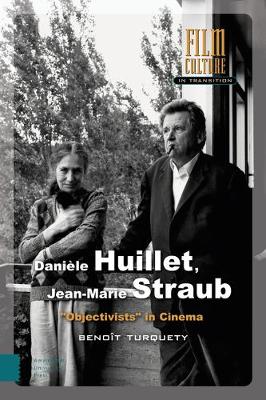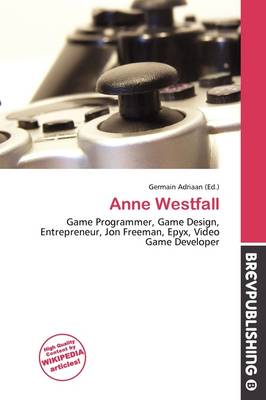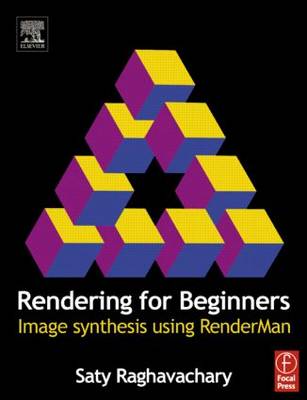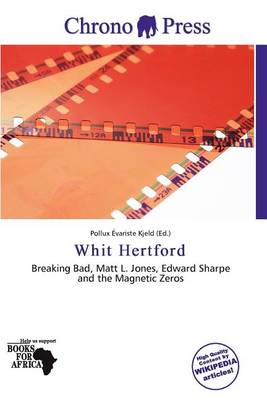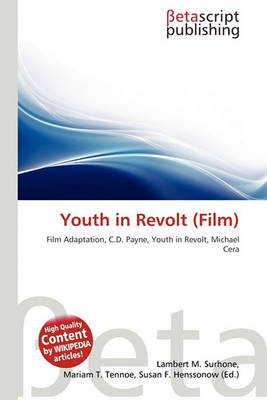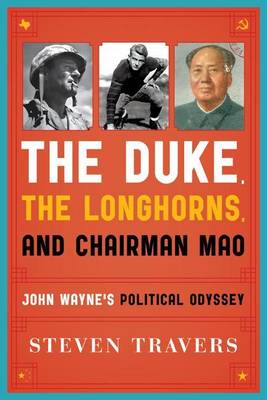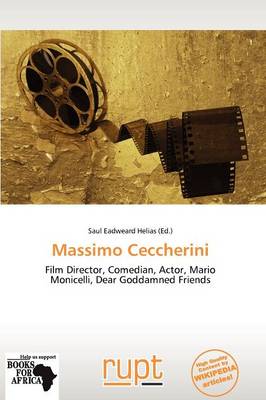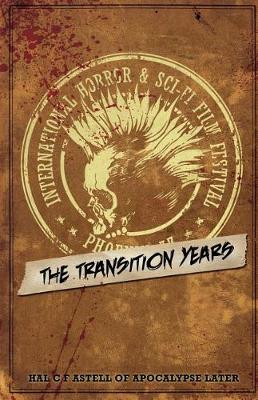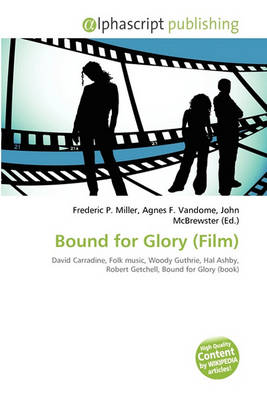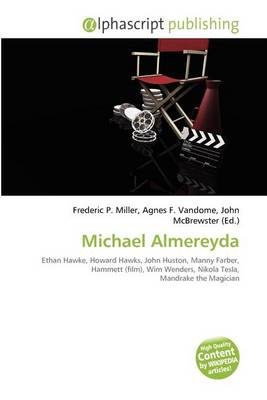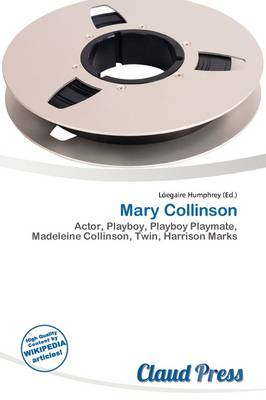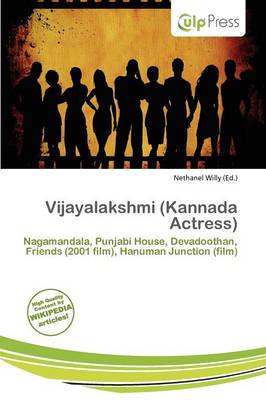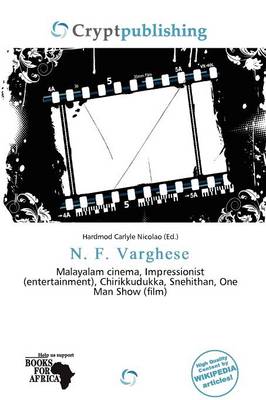American police departments have presided over the business of motion pictures since the end of the nineteenth century. Their influence is evident not only on the screen but also in the ways movies are made, promoted, and viewed in the United States. Screening the Police explores the history of film's entwinement with law enforcement, showing the role that state power has played in the creation and expansion of a popular medium. For the New Jersey State Police in the 1930s, film offered a meth...
Daniele Huillet, Jean-Marie Straub (Film Culture in Transition, #0)
by Beno t Turquety
Daniele Huillet and Jean-Marie Straub collaborated on films together from the mid-1960s through the mid-2000s, making formally radical adaptations in several languages of major works of European literature by authors including Franz Kafka, Bertolt Brecht, Friedrich Hoelderlin, Pierre Corneille, Arnold Schoenberg, Cesare Pavese, and Elio Vittorini. The impact of their work comes in part from a search for radical objectivity, a theme present in certain underground currents of modernist art and the...
1966. The year of change. The year of division. The middle of the 1960s, the great dividing line between what America had been, and what it became. All of it, in all its color, glory, and ugliness, came symbolically together on a hot, humid weekend in Austin, Texas. The protagonist? None other John "Duke" Wayne, the larger-than-life movie hero of countless Westerns and war dramas; a swashbuckling, ruggedly macho idol of America; the very embodiment of what the United States had become-the new...
Ninety Years of Cinema in Banbury, Gainsborough, Tutbury
by Brian Hornsey
The International Horror & Sci-Fi Film Festival (Festival, #1)
by Andrea Canales
